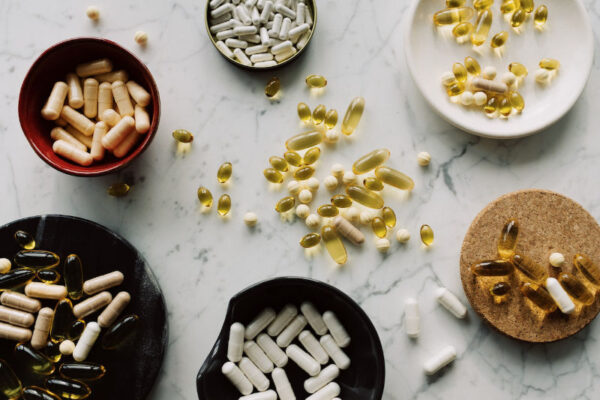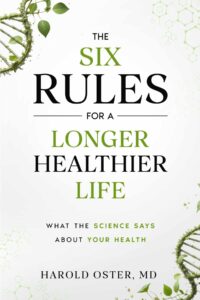Is Natural Better?

Is natural better? That’s a question with many meanings.
Better at what? In my medical practice, when people use the word natural, they are usually referring to medications and foods. But what is natural? In one sense, everything is natural unless you believe in the supernatural. I do not. In my mind, everything is natural. That is not what most people mean when they use the word. They mean something that exists without human intervention. Richard Dawkins talks about the beaver dam in The Extended Phenotype. How is that different from a dam humans created? (Buy the Book) We evolved in nature like all other animals. Why are we not natural?
That is all beside the point. When people tell me in the office that they prefer natural remedies to medications, they imply that natural remedies are somehow better. Are they? You have to look at a natural remedy and compare it to a medication. Find a study, hopefully a good one, and prove it one way or the other. We can ignore the fact that many medicines, especially antibiotics, are found in nature. Penicillin was discovered when a natural mold on a petri dish killed the staph bacteria Alexander Fleming was growing.
First, let’s look at the efficacy of the product. Usually, a medication will have a higher efficacy than a natural product. That is not because of anything special about synthetic medicines. Pharmaceutical companies are not likely to spend the time, effort, and money to bring a synthetic medication to market that is no better than something easily found in nature. Suppose a patient with heart disease says they want to take red yeast rice rather than the prescription statin I prescribed. In that case, I discuss the numerous studies showing the significant benefits of the statin and the lack of similar benefits with red yeast rice.
What about safety? Is natural better? Sometimes. Again, you need a head-to-head study to know for sure. But it is wrong to assume that something natural is good for you. Tobacco kills 200,000 Americans yearly from lung cancer alone, not to mention other cancers, strokes, and heart disease. Think of the poisons and venoms in nature. I wouldn’t eat any mushrooms I find in the wild, though I trust the wonderful certified mushroom harvester at the Pope County Farmers Market. (See Minnesota Mushroom Site) Nature is a dangerous place. Don’t forget that animals, including humans, die young in nature. I expect it was uncommon for cave people to live past fifty.
Non-medical products also must be judged individually. Super-glue, a synthetic, is far superior to most natural adhesives. Steel is stronger than most natural building materials. They say spider silk is strong, but it would take human ingenuity to make something useful out of it.
What about food? So many people are worried about diet soda. Recently, there have been studies showing harm from some artificial sweeteners. If you look hard enough, you will find harm or risk in most things—people fall in the shower, drown in a swimming pool, and fall off their bikes. Maybe the risk of diet soda is real. Fine. But sugar is horrible in the amount so many people consume. A 20-ounce bottle of regular soda has 18-19 packets of sugar. We know that sugar can lead to obesity, diabetes, tooth decay, and cancer. Sugar consumption causes far more trouble than aspartame or sucralose. Alcohol kills over 140,000 people in the United States yearly. (See data)
What about the environment? There is no doubt that human industry can hurt the environment. But coal, natural gas, oil, and wood are natural by any definition. I hope we find better ways of creating energy, but as far as environmental impact goes, the human-made beats the natural. I am not talking about electric cars because if you plug them into the electrical grid, you charge the car with whatever the electrical plant uses to make electricity. The winner in electricity production is nuclear. It is human-made and is clean with minimal carbon dioxide emissions.
Many natural things are more effective and safer than their synthetic counterparts. Choose as you think best, but always with the evidence.

